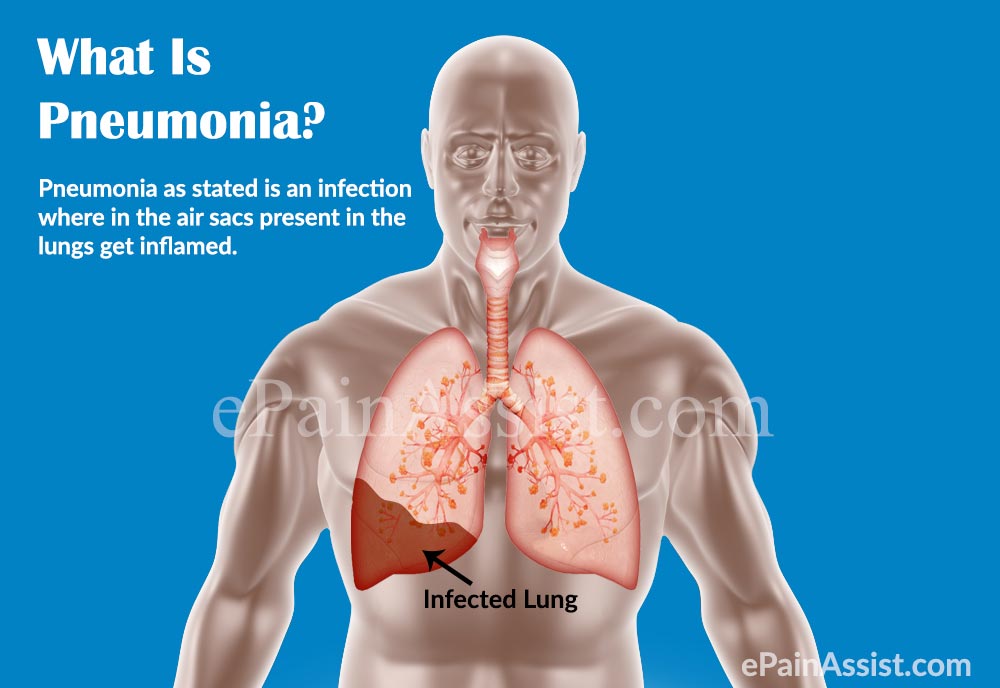A common respiratory illness is pneumonia. In a normal pneumonia, bacteria can grow in the respiratory tract. If the bacteria are not treated, it can cause serious health problems like pneumonia. When the bacteria are present, they feed on the dead tissue and produce toxins that can damage lung tissues, arteries, and other organs. Once bacteria become established, they are more resistant to treatment. This makes pneumonia a serious problem.
Because bacteria have an amazing ability to thrive in places where there is no oxygen, pneumonia is usually caused by an obstruction in the breathing passages. There are several conditions that can contribute to pneumonia. These include:
An infection in the respiratory tract is one of the main causes of pneumonia. As with any infection, bacteria can multiply in areas of the respiratory system that is not able to receive oxygen. A person who has pneumonia may have a fever as well as an enlarged sputum. When the infection progresses, the pneumonia will progress and it can cause a sufferer to be unable to breathe.
Viral infections can lead to pneumonia because the viruses that cause pneumonia are the same types of viruses that cause other illnesses in healthy people. These types of infections can lead to pneumonia if untreated. Viral pneumonia can be very serious and it may require hospitalization. If you think that you may have this type of pneumonia, make an appointment to go see a doctor for testing.
A patient who is having respiratory symptoms will most likely have chest pain or discomfort. They may also feel a tightness or fullness in their chest. Sometimes, the chest pain will worsen. In severe cases, patients who suffer from pneumonia may even experience breathing difficulties and heart failure.
A person experiences a cough during pneumonia. The cough can be unexpected, but sometimes it is severe enough that you cannot breathe. Chest discomfort can occur when the lung is weak and fluid builds up in it.
This can cause the lungs to swell and damage

Chest pain can occur when the chest is inflamed. As soon as this happens, it is best to see a doctor right away. Although, when the pain is mild, it can often be treated with over-the-counter medications.
Pneumonia can be dangerous if not properly diagnosed. If you do not take the time to see a doctor, you can develop a serious illness that will require hospitalization and expensive treatment.
Your doctor may do a physical exam and then do blood tests. He may give you a series of tests to determine if pneumonia has started. This will help the doctor choose the right course of treatment.
A CT scan or chest x-ray will be done. These tests will help determine the degree of pneumonia. These pictures will also show if there are any other conditions causing chest pain.
Your doctor will talk with you about prescribing antibiotics. You may be given the medicine in the form of an inhaler or nasal spray. This medicine is intended to kill the bacteria that cause pneumonia.
Hospitalization is necessary when the doctor determines that you need to be hospitalized. After treating your pneumonia, you can go home on your own, but you will likely need ongoing support until you are discharged. from the hospital.
Although, this is a common type of pneumonia, it is not one that is easy to treat. This is because antibiotics are not effective for all types of pneumonia.
